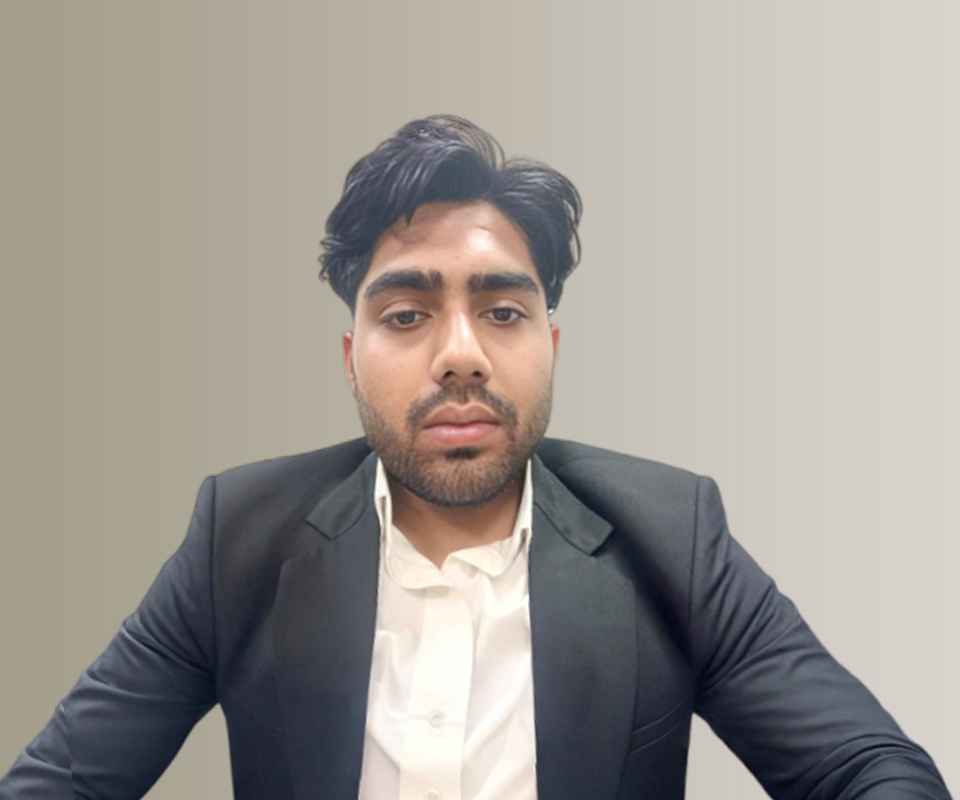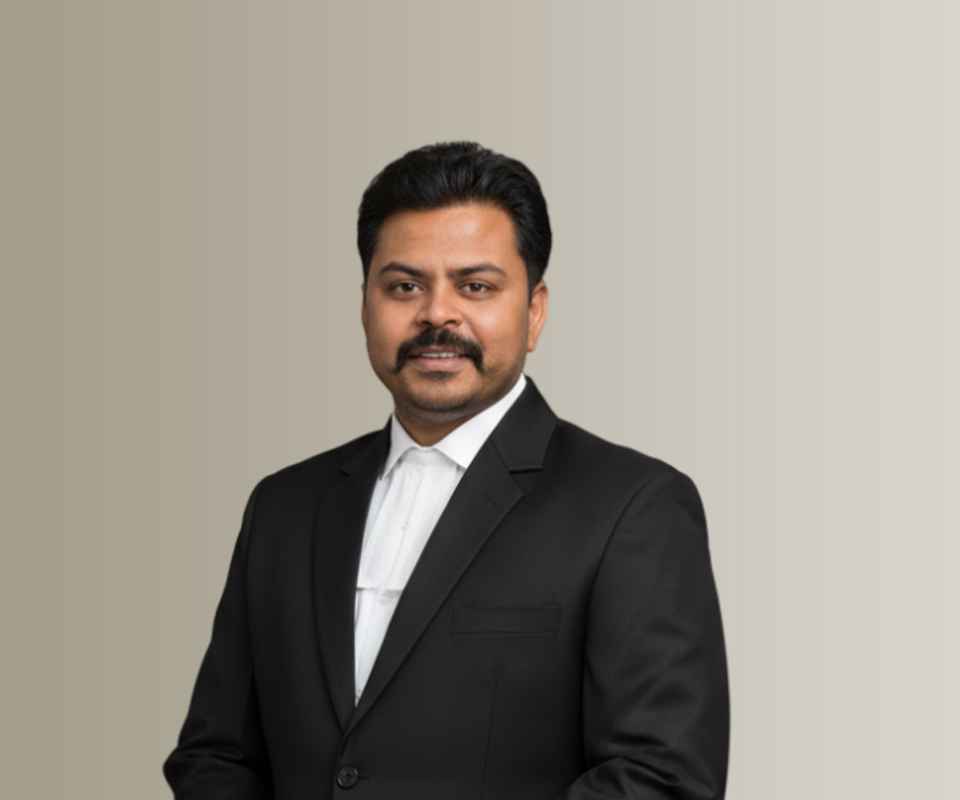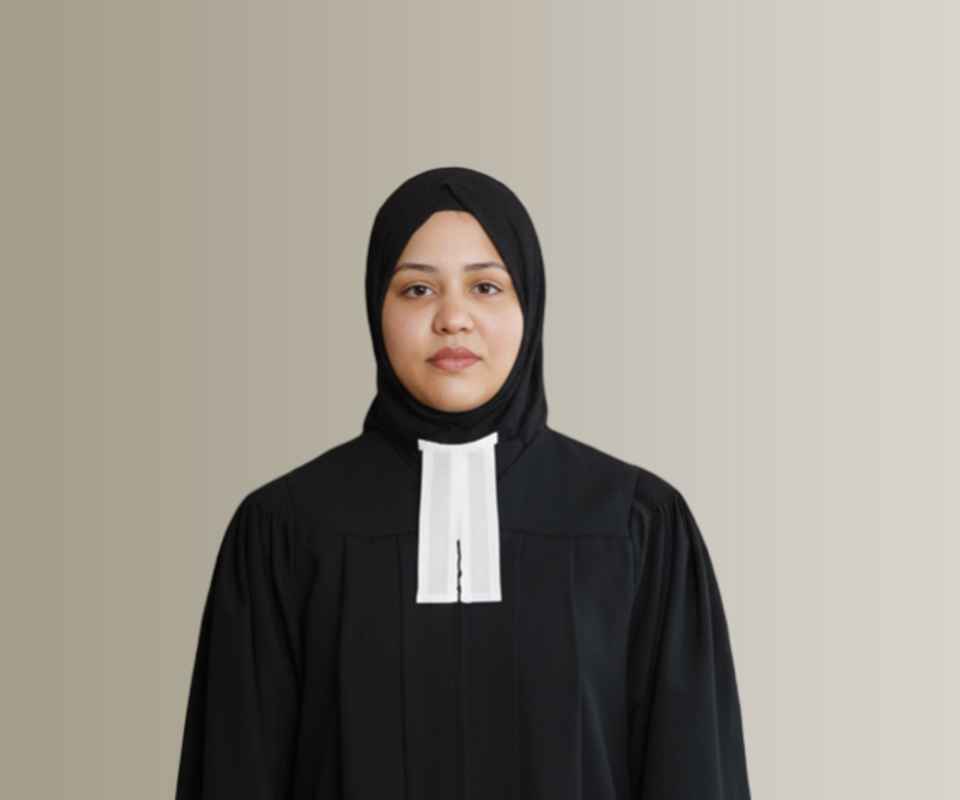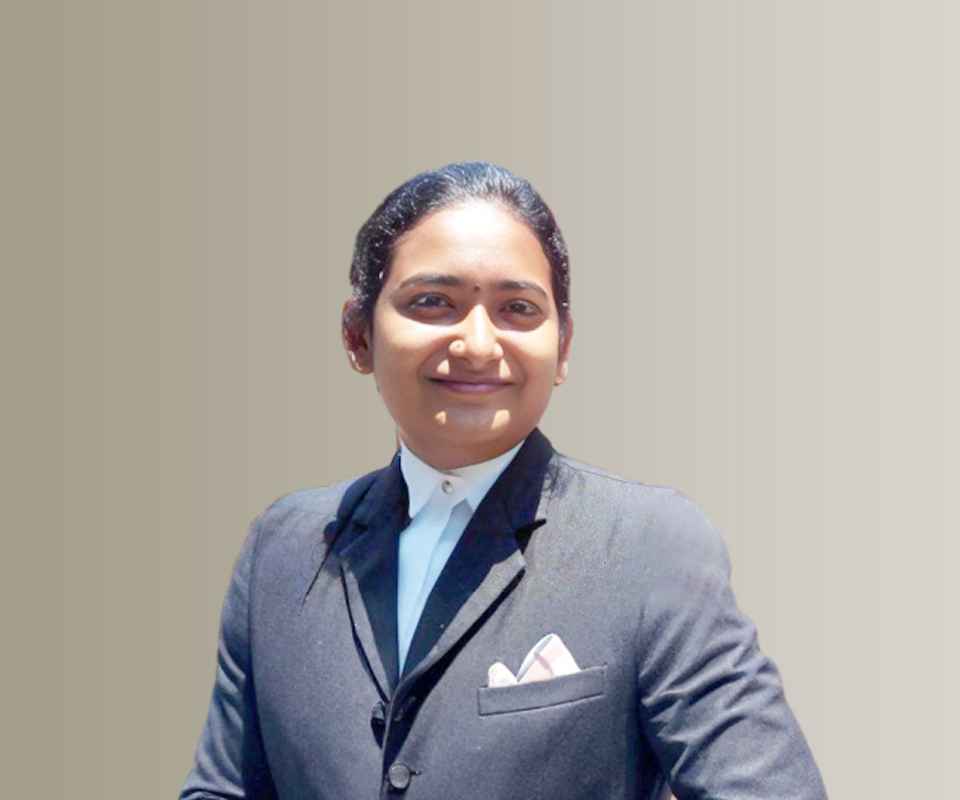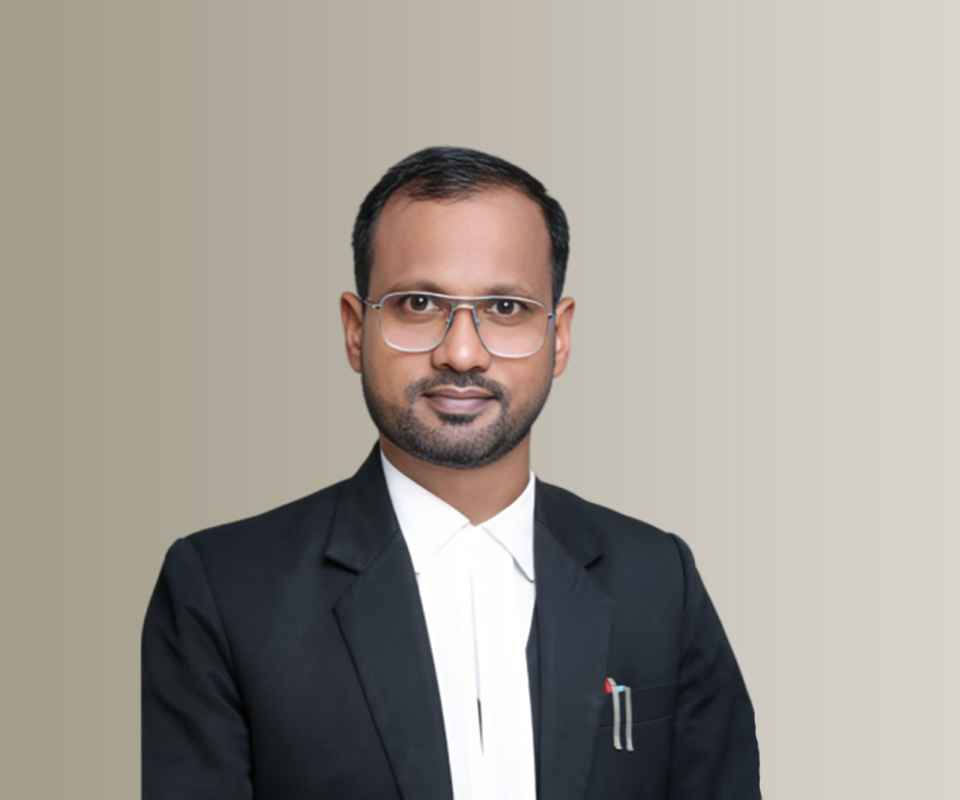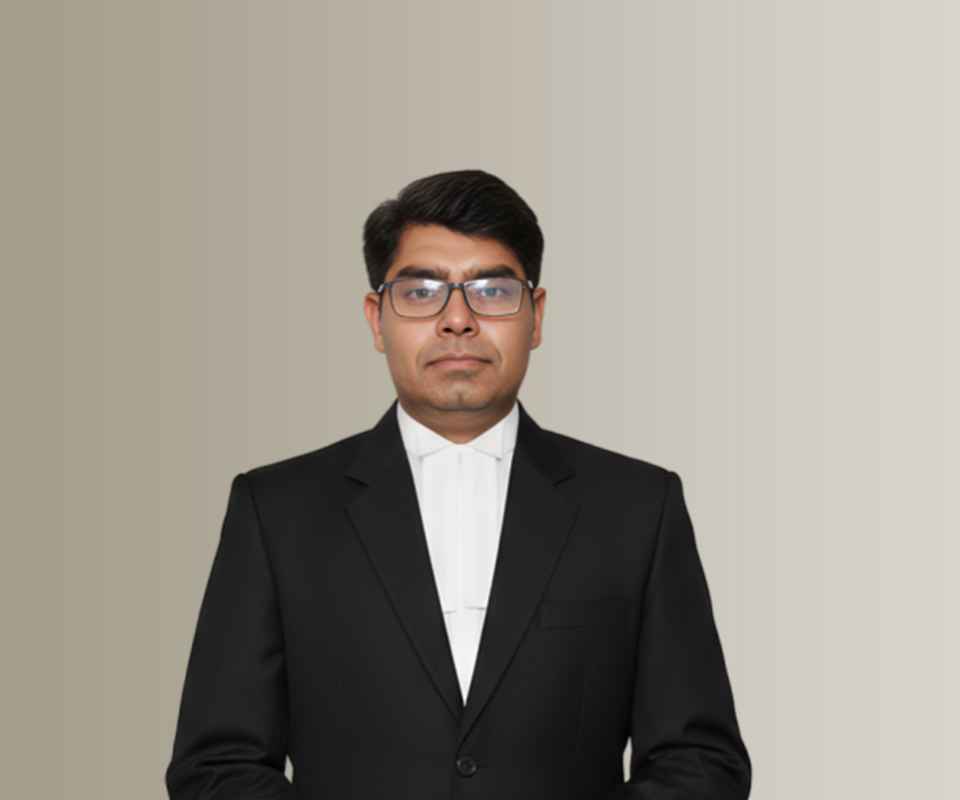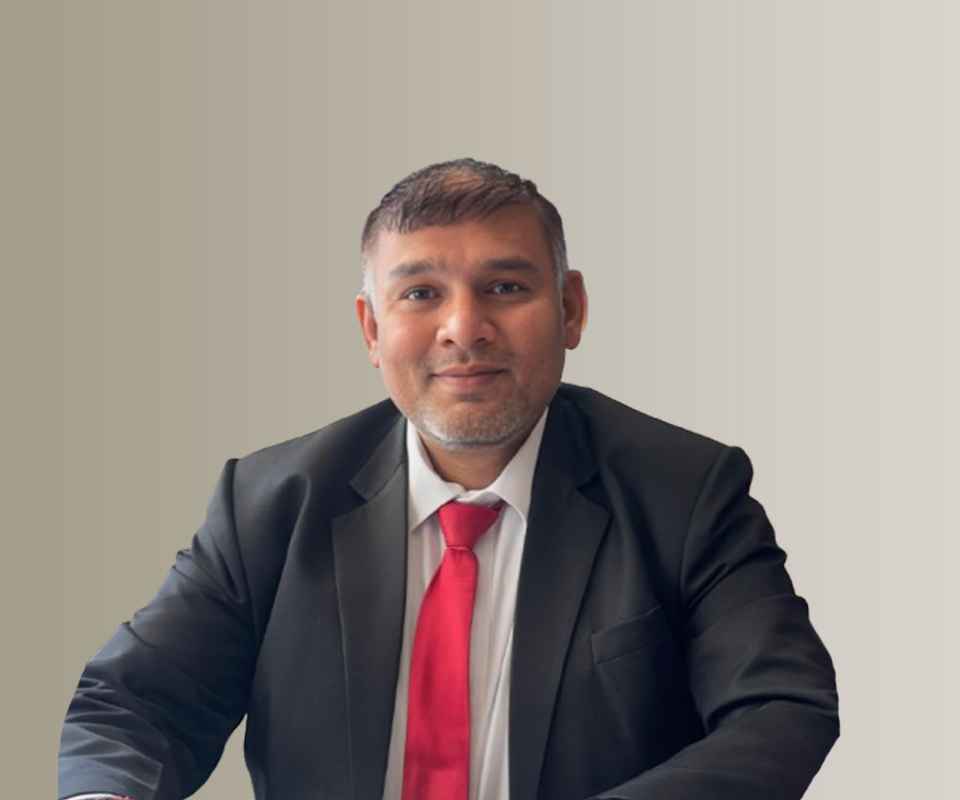Answer By law4u team
In India, victims of domestic violence can access multiple legal, medical, and social support services under the Protection of Women from Domestic Violence Act, 2005 (PWDVA) and related schemes, now read with relevant Bharatiya Nyaya Sanhita, 2023 (BNS) offences where applicable. Legal Support • Protection Orders, Residence Orders, Monetary Relief – Issued by Magistrate under PWDVA. • Free Legal Aid – Available through District Legal Services Authorities (DLSA) under the Legal Services Authorities Act. • Fast-track hearings – Courts can prioritise urgent relief. Police & Administrative Support • Protection Officers – Appointed to help victims file applications, connect to shelters, and coordinate with police. • Special Cells for Women & Children – Run with police and NGOs for counselling and FIR registration. Shelter & Counselling • Shelter Homes – Temporary accommodation for victims and children, often run by state governments or NGOs. • Counselling Services – Provided through Protection Officers, One Stop Centres, and NGOs. Medical Support • Free Medical Examination & Treatment – In government hospitals, mandatory for domestic violence cases. • Medical documentation – Can be used as evidence in court. Helplines & Immediate Assistance • Women’s Helpline 181 – Available in most states for emergency help. • Police Helpline 112 – For immediate law enforcement assistance. • One Stop Centres (OSC) – Provide integrated services: legal aid, police help, medical care, and counselling in one place.
